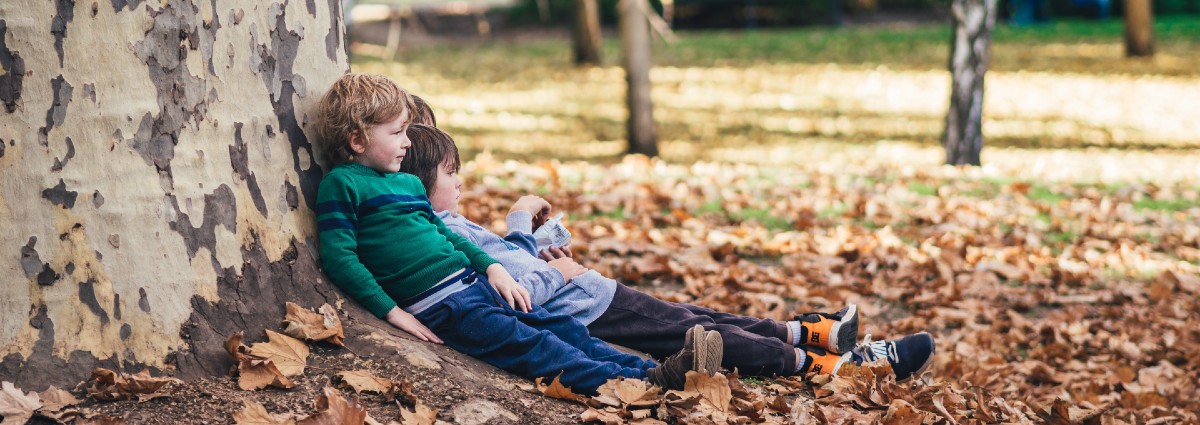Why do children develop behavioural problems?
As a parent, it's natural to want to understand the reasons behind your child's behaviour and how to support them positively. Whether it's due to another condition or conduct disorder, it's normal for children and teenagers to experience behavioural challenges.
It can be incredibly overwhelming to navigate the complexities of your child's behaviour. Their behaviour may make you feel worried, stressed, embarrassed, or even ashamed. However, it's important to remember that these feelings are normal and not necessarily justified. Behavioural disorders have multiple causes, and it's not always clear why your child is struggling.
Multiple factors at play
There's no single reason why a child or teenager may behave a certain way. Some of the contributing factors include:
Genetics: Some children may have a greater predisposition towards behavioural problems due to their genetic make-up, especially if there's a family history of mental disorders.
Co-occurring mental health conditions: Children and teenagers with ADHD, autism, depression, and anxiety may experience behavioural issues such as shyness, anger, or school avoidance.
Physical issues: Damage to certain parts of the brain can affect a child's ability to control their behaviour and increase the likelihood of aggression.
School and home issues: Bullying, difficulties at school, family bereavements, illnesses, and parental discord can all contribute to a child's behavioural problems.
Learning difficulties: Struggling to learn socially acceptable behaviours from others can result from learning difficulties or language problems.
Trauma and abuse: Children who have experienced trauma or abuse, even at an early age, may be more likely to develop behavioural problems.
Substance use: Alcohol and drug usage can significantly impact a child's behaviour, even if the parents are unaware of their usage.
Getting the support your child needs
Early intervention is crucial for your child's well-being and successful treatment. Unfortunately, 70% of children with mental health issues do not receive the right help at the right time, leading to more severe problems.
Related articles
Understanding conduct disorders in children and teenagers
Support to help with anger, aggression and violence in children and teenagers

